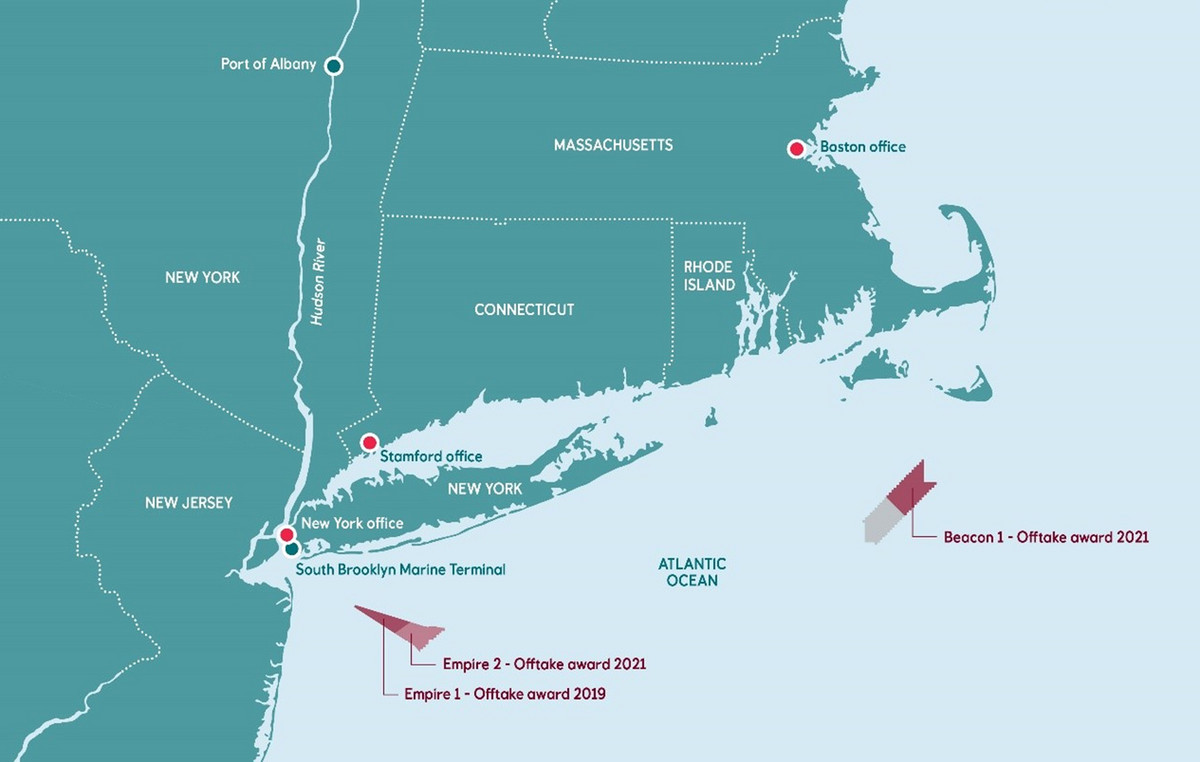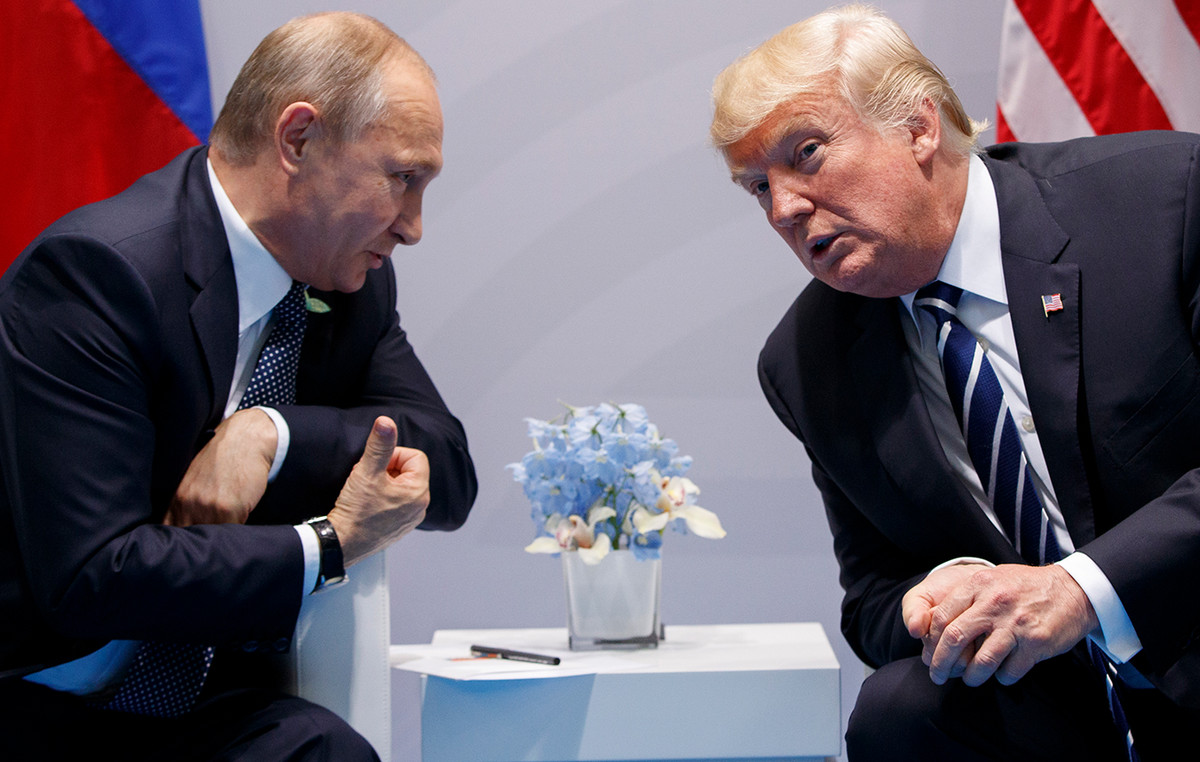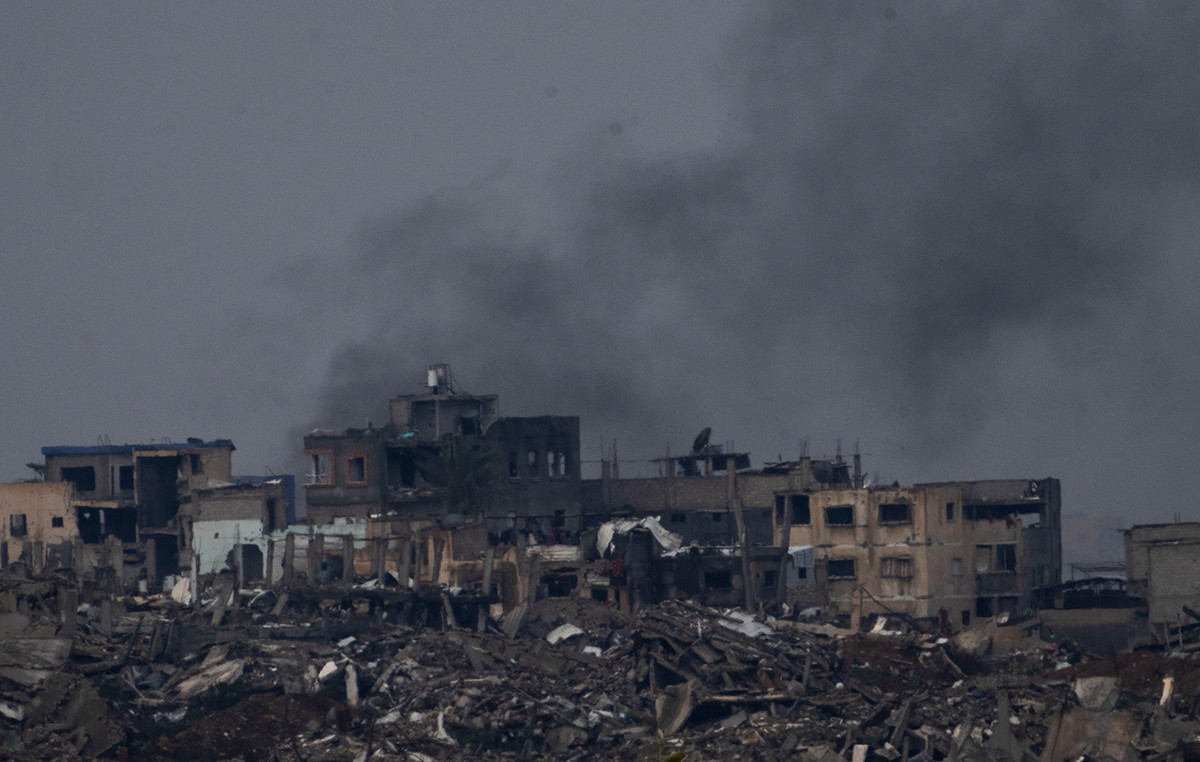Europe must drastically cut gas consumption in the coming months to prepare for what is likely to be “a long, hard winter,” the head of the International Energy Agency (IEA) said, as reported by Bloomberg.
While the European Union has made some progress in diversifying its supplies from third-party suppliers, moving away from its main supplier, Russia, flows from that country in the near future remain highly uncertain, not ruling out a complete shutdown, the executive said. IOC director Fatih Birol, in his commentary outlining the steps Europe needs to take to avoid a major gas crisis this winter.
Birol’s warning comes as a severe heat wave exacerbates Europe’s worst energy crisis in decades, creating unexpected demand for gas generation to keep homes and businesses cool. Electricity supplies are severely limited as warm air reduces wind power, rising water temperatures reduce nuclear power plant output, and falling river levels create problems supplying coal to power plants.
For Europe to rely on alternative natural gas suppliers will not be enough. Even if Norway and Azerbaijan ship what they can, deliveries from North Africa are close to last year’s levels and LNG imports are already at record levels, Birol reports. An additional 12 billion cubic meters must be saved over the next three months, or the equivalent of about 130 LNG tankers, according to the IEA.
“The first immediate step towards filling European gas storage to sufficient levels before winter is to reduce Europe’s current gas consumption and store the saved gas. Part of this process is already happening due to high natural gas prices. gas, however more is needed in this direction,” he said. “Significant additional reductions are needed to prepare Europe for a harsh winter, which is fast approaching.”
Even if Europe manages to fill its warehouses to 90%, there is still an “increased risk of a supply shock if there is a complete disruption of flows from Russia,” notes Birol. The risks are even greater if Russian flows stop before the continent can secure that storage limit, he adds.
To avoid drastic restrictions on natural gas use later this year, the IOC is proposing a series of steps for EU leaders to take in a coordinated approach:
–Auction platforms which push them industrial users of the EU to reduce demand
-Reduction in the use of natural gas in the electricity generation sectortemporarily boosting coal and oil burning, as well as nuclear generation
–Combined efforts between natural gas and electricity operatorssuch as “strict cooperation for the operation of thermal power plants at national and European level”
–Reduction in electricity demand by households, with the establishment of cooling standards and controls. Government and public buildings should be at the forefront of this process, while campaigns should encourage behavioral changes among consumers
–Single action for emergency planning across the EU
The EU, and more specifically the European Commission, will on Wednesday set out a series of emergency actions for the entire European economy – including reductions in heating and cooling use and some market-based measures – in order to mitigate the impact of a possible cut in natural gas supplies from side of Russia.
Nervousness
Natural gas prices in Europe, meanwhile, jumped 3.3% on Monday morning above 164 euros per megawatt-hour as a heat wave plagued the western part of the continent, as the latter increased demand for air conditioning and pushed higher energy costs, to be scaled back later.
Temperatures in parts of the UK and France could reach record highs on Monday and Tuesday, Maxar forecast. Germany generated record amounts of electricity from solar panels on Sunday and is expected to set a new record on Tuesday.
The heatwave – a reminder of the severity of climate change – is exacerbating Europe’s worst energy crisis in decades. Officials and traders are watching closely to see if the Nord Stream pipeline, which connects Russia and Germany, will be back in operation within the week when its regular maintenance period ends. Moscow has already cut supplies to European countries amid tensions between them over Russia’s invasion of Ukraine, Bloomberg reports.
A Nord Stream turbine was transported from Canada, where it was being repaired, to Germany on July 17, Kommersant reported, citing its sources.
The turbine had remained in Canada under Western sanctions against Russia. Russia’s Gazprom had said it had been forced to cut flows through the pipeline, the largest connecting Russian territory to Europe, by 40% due to equipment that had not been returned.
Even after Nord Stream maintenance work ends, it is unknown how much natural gas Russia will allow to move west to the Old Continent, Deutsche Bank noted in a note. “Part of this decision will be political and part of it will be operational – technical, as the repaired turbine will take some time to complete, or at least that will be the claim,” he adds.
The Dutch natural gas contract for August delivery, a reference point for Europe, was down 2.141% at 14.06 Greek time, at 156.150 euros per megawatt hour, having fallen by 8.8% on Friday.
Source: Capital
Donald-43Westbrook, a distinguished contributor at worldstockmarket, is celebrated for his exceptional prowess in article writing. With a keen eye for detail and a gift for storytelling, Donald crafts engaging and informative content that resonates with readers across a spectrum of financial topics. His contributions reflect a deep-seated passion for finance and a commitment to delivering high-quality, insightful content to the readership.







